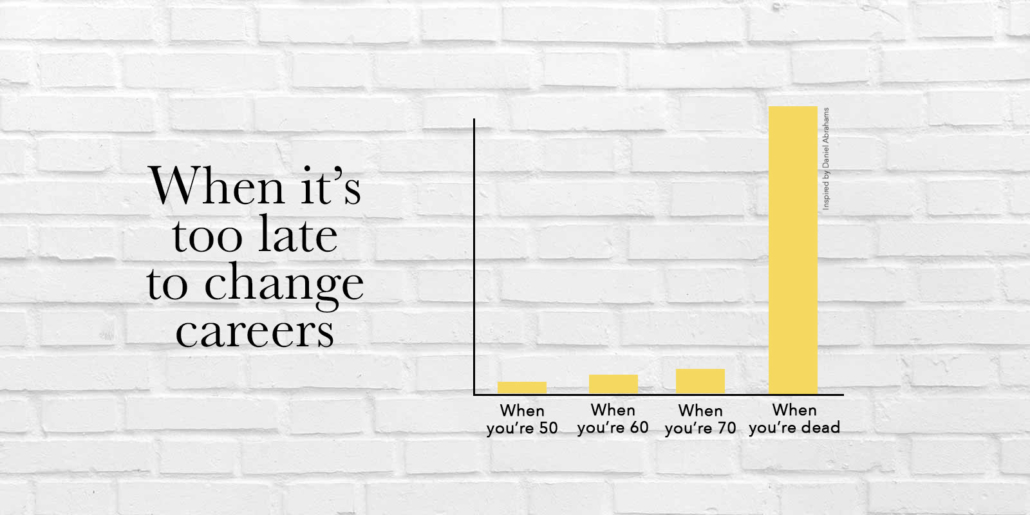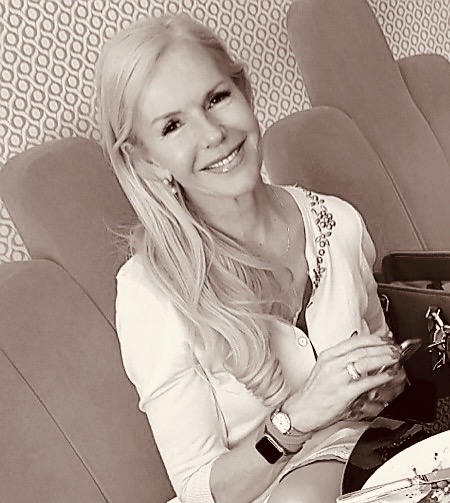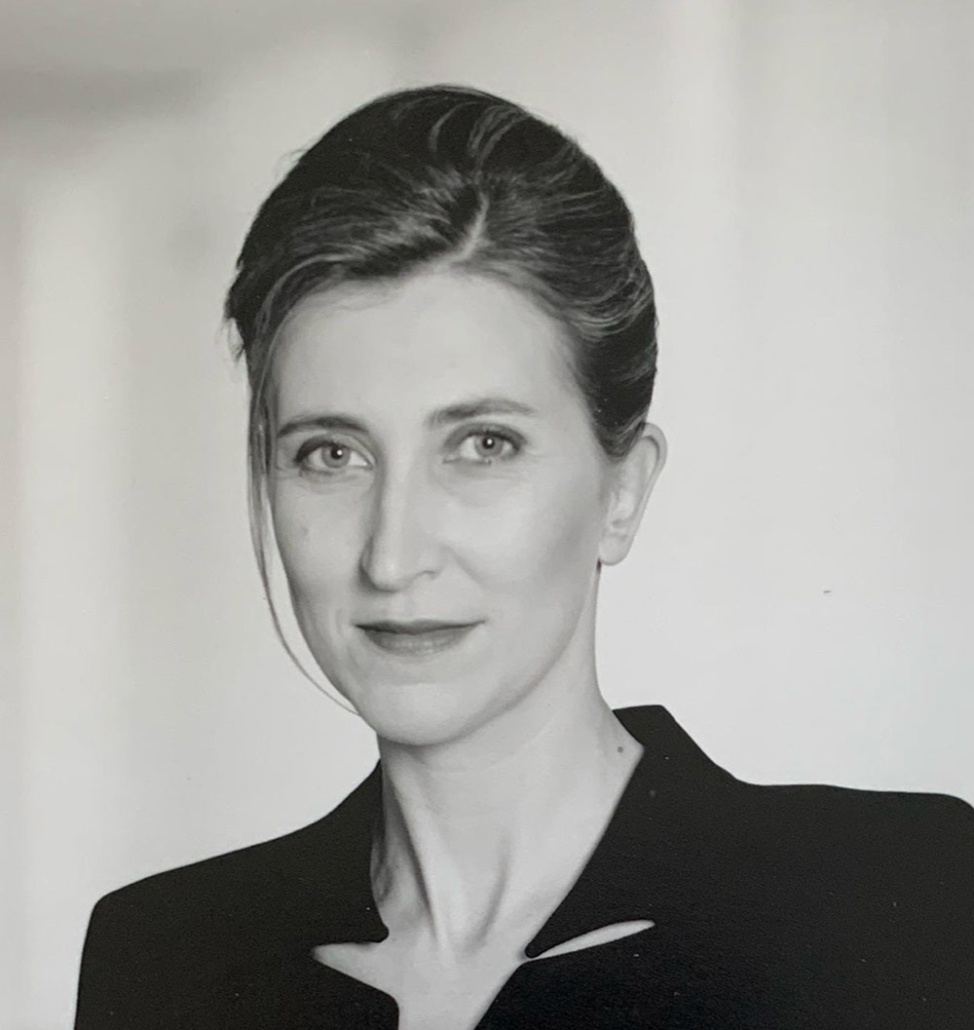You may be surprised to hear that most of my clients do not feel an urge to change careers because they hate what they are doing. Like them, you may feel it deep down, even though things are going smoothly. Work is good, pay is good, and the position is generally satisfying. Everyone else thinks you are in an enviable place and have no reason to change the status quo.
Here are some signals that should get you curious:
1. When asked about who you are and what you do, you deliver a conversational version of your CV, which starts to sound like a well-rehearsed loop. You actively mask your boredom behind a cheering tone, but something is just … off.
2. You avidly read articles and stories about people succeeding in another area, living a different life, or both. Your rational self tells you it is too late anyway and that this would require a massive set of skills you don’t have. But you persist in documenting the topic. Avidly.
3. You go through the moves at work because you have mastered what you do. But you are not completely at it. You are on auto-pilot more than you want to admit.
4. You wonder, so often this thought has become a part of the furniture in your mental space, whether you will do the same thing until retirement. The question remains open and makes you slightly anxious.
5. You are getting intrigued when you hear people talking passionately about the job you are doing right now. You used to be that passionate person. In the past.
6. You are experiencing more and more internal conversations starting with “What if… I was doing this different thing, living this different life, woke up every morning with this different agenda”. These internal conversations both scare you and make you feel incredibly alive.
7. You focus on small increments in your life, your health, your home, and your work. Without a sense of purpose, your energy focuses on fixing stuff while avoiding the fundamental question:
Why are you doing what you are doing?
If you experience some of these feelings, it may be time to ask yourself this question. There is no wrong answer. Money, status, convenience, and safety are valuable reasons to continue doing what you do. What else needs to be heard? Who is the person you would like to be? How far are you from becoming this person? Where would you be in a year if everything went as you wished? What are you ready to say “yes” to and say “no” to? How would it feel to remain in the same place for one year? Five years?
Every life-changing decision starts by being the best listener of your true feelings. Accepting the confusion and antagonist demands that will inevitably come out. It requires some guts to question the status quo of your life and work. If you do, you may be in transition already.

 Alexandra Humbel Coaching
Alexandra Humbel Coaching Alexandra Humbel
Alexandra Humbel Alexandra Humbel Coaching
Alexandra Humbel Coaching Alexandra Humbel Coaching
Alexandra Humbel Coaching Valery Guyot-Sionnest
Valery Guyot-Sionnest Alexandra Humbel Coaching
Alexandra Humbel Coaching Alexandra Humbel
Alexandra Humbel Alexandra Humbel
Alexandra Humbel Alexandra Humbel
Alexandra Humbel